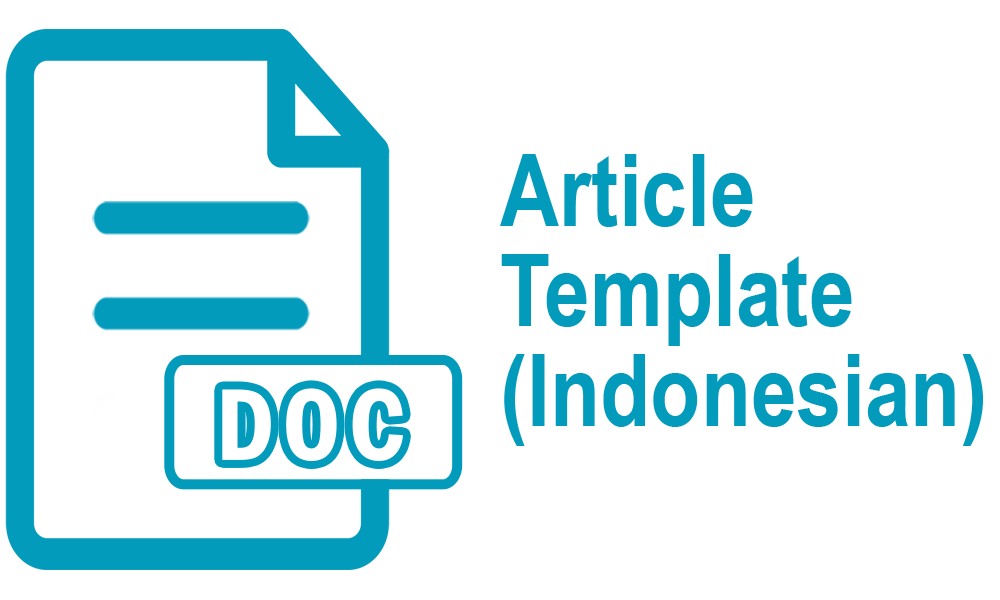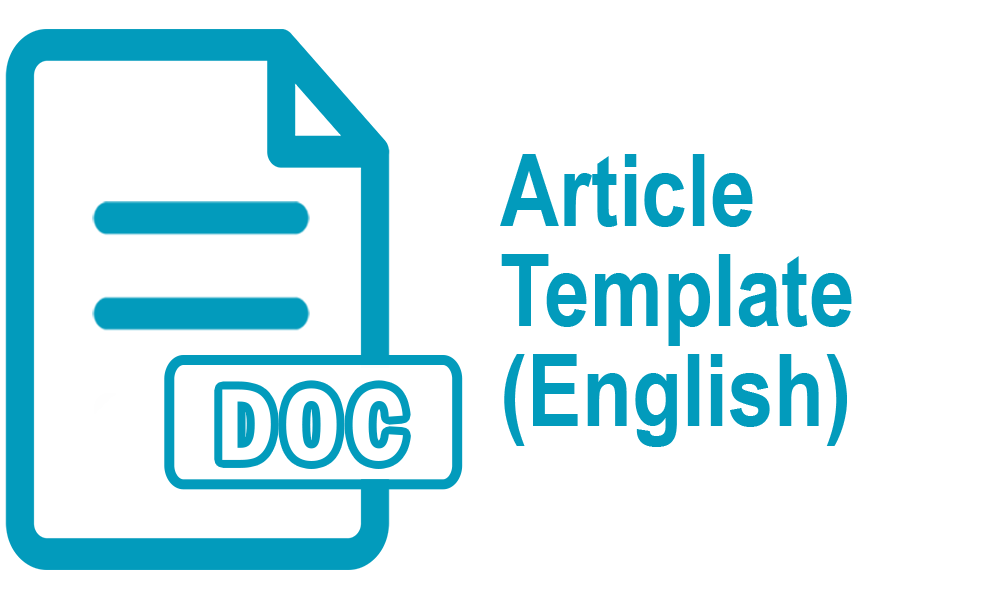Woman's Struggle Against Oppression in Colette Film
Abstract
ABSTRACT
Oppression is an action that aims to gain benefits for oneself while the other party is harmed. Oppression in Colette film can be seen in how the male character controls the female character. This research aims to identify the types of oppression and the female character’s struggles against oppression as depicted in the film. Moreover, the researcher examines oppression and the struggles in Colette film using Iris Marion Young’s theory. Further, the researcher used a qualitative research method and feminist perspectives. The result of this research showed there are three types of oppression that the female character experienced, they are exploitation, powerlessness, and violence. Besides, the woman’s struggle of the female character that the researcher found are the freedom of speech and economic rights.
Keywords
Full Text:
PDFReferences
“Abuse, Neglect, and Exploitation: Definitions and Warning Signs.” Disability Rights South Carolina, 2020, www.disabilityrightssc.org/abuse-neglect-exploitation-definitions -warning-signs-2/. Accessed 10 May 2023.
Brittan, Arthur., et al. Sexism, Racism, and Oppression. Basil Blackwell Publisher Ltd, 1984.
Definition of Sexual Exploitation. Quebec, 2023, www.quebec.ca/en/family-and-support-for-individuals/violence/ sexualexploitation/definition#:~:text=Sexual%20exploitation%20 involves%20a%20person,addictions%20to%20drugs%20or%20alcohol. Accessed 11 May 2023.
Denscombe, Martyn. The Good Research Guide: for small-scale social research projects. Open University Press, 1998.
Flick, Uwe., et al. A Companion to Qualitative Research. Sage Publications Ltd, 2004.
Grubbs, Joseph W. "Cultural imperialism: A critical theory of interorganizational change", Journal of Organizational Change Management, vol. 13, No. 3, 2000, pp. 221-234, doi.org/10.1108/09534810010330878. Accessed 17 July 2023.
Hooks, Bell. Feminism Is for Everybody: Passionate Politics. South End Press, 2000.
Krantz, Gunilla, et al. “Violence against Women.” BMJ Journals, Oct. 2005, jech.bmj.com/content/59/10/818. Accessed 11 May 2023.
Miles, Matthew B., et al. Qualitative Data Analysis. Sage Publications, 1994.
Moore, Linda L. Release from Powerlessness: A Guide of Taking Charge of Your Life. Kendall/Hunt, 1991.
O’Connor, Frances B., et al. The Female Face in Patriarchy (Oppression as Culture). Michigan State University Press, 1999.
Potter, W James. An Analysis of Thinking and Research About Qualitative Methods. Lawrence Erlbaum Associates, 1996.
Rampton, Martha. “Four Waves of Feminism”. Pacific University Oregon, 25 October 2015, https://www.pacificu.edu/magazine/four-waves-feminism. Accessed 9 Dec. 2020.
Schneir, Miriam. Femisism: The Essential Historical Writings. Random House, 1972.
Scholz, Sally J. Feminism: A Beginner’s Guide. Oneworld, 2010.
TenHouten, Warren D. “The Emotions of Powerlessness.” Journal of Political Power, vol. 9, no. 1, 2016, pp. 83-121. Research Gate, doi:10.1080/2158379X.2016.1149308. Accessed 11 July. 2023.
What is Marginalization? Types, Causes, Effects. Master Class, 2023, www.masterclass.com/articles/marginalization-explained. Accessed 11 May 2023.
Young, Marion Iris. Justice and The Politics of Difference. Princeton University Press, 1990.
DOI: http://dx.doi.org/10.30872/jbssb.v8i3.13077
Refbacks
- There are currently no refbacks.
Copyright (c) 2024 Citra Junia Nur
Editorial address:
Fakultas Ilmu Budaya, Universitas Mulawarman
Jl. Ki Hajar Dewantara, Gunung Kelua, Kec. Samarinda Ulu, Kota Samarinda, Kalimantan Timur, Indonesia 75123
Email: jurnalilmubudaya.fibunmul@gmail.com
Website: http://e-journals.unmul.ac.id/index.php/JBSSB
Ilmu Budaya: Jurnal Bahasa, Sastra, Seni, dan Budaya is licensed under a Creative Commons Attribution-ShareAlike 4.0 International License






